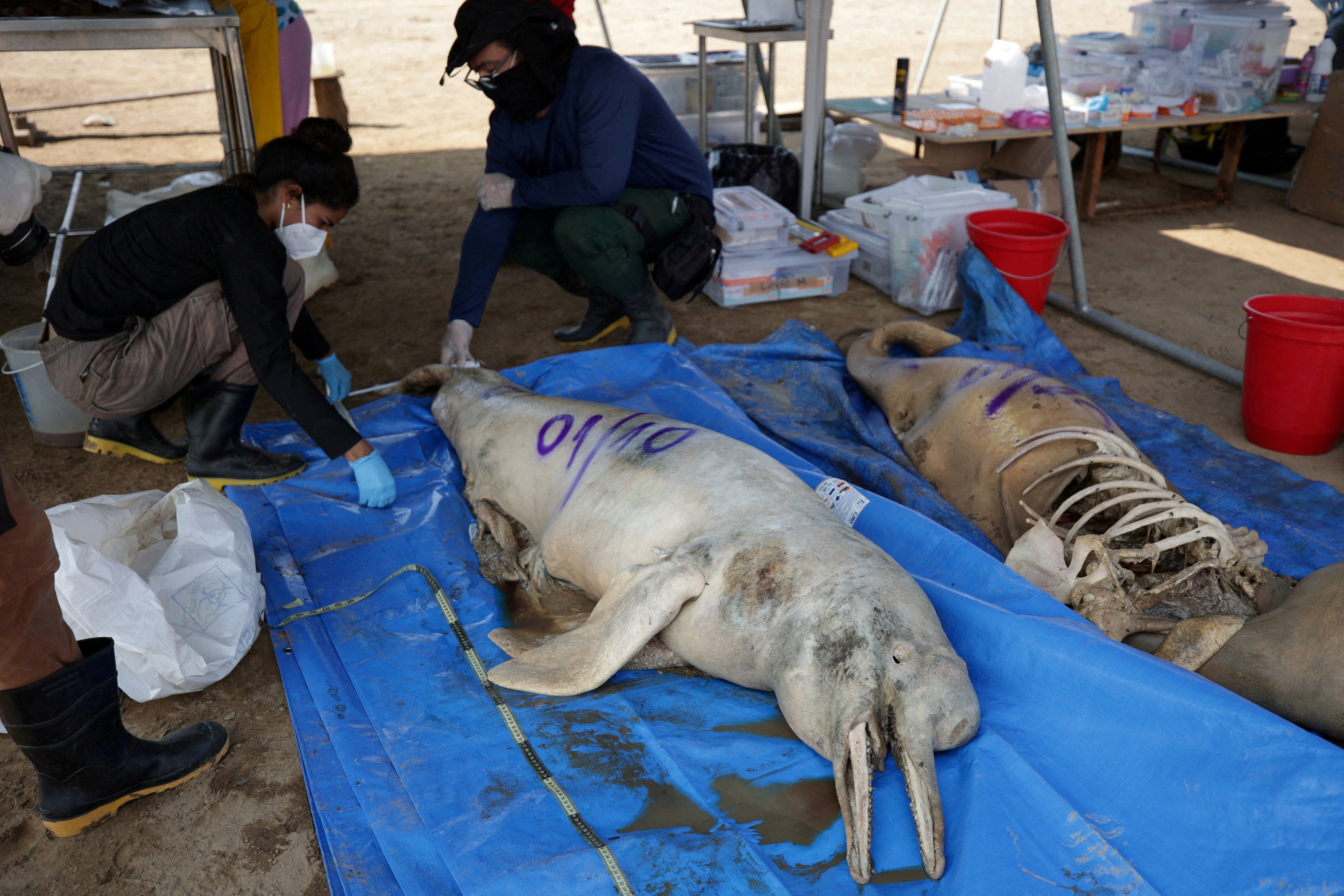In a region where rivers are the principal means of transport, water levels have dropped an average of 30 centimeters (11.8 inches) a day since mid-September, causing shortages of food, water, and other essentials. The government is dispatching emergency assistance to 500,000 people who could be affected by the drought before the end of the year.
Already, the local government response has cost $20 million, which is just the beginning of the drought's economic toll. Tourism in the region has all but halted since the Rio Negro is not deep enough to carry passenger boats to Amazonian hubs like the river port of Manaus.
The Amazon drought in the north of Brazil comes as the southern reaches of the country are experiencing severe flooding. Both are evidence of climate change and made worse by El Niño, a periodic warming of the Pacific Ocean that can exacerbate both droughts and rainfall across the Western Hemisphere and even globally.
The Amazon drought comes as scientists warn that the Amazon rainforest could be approaching a tipping point: when the Amazon would no longer be able to recover from droughts and much of the biodiverse forest would turn into savannah. The drought also makes extreme wildfires more likely, according to Eurasia Group’s Brazil expert Silvio Cascione. That in turn could undermine the government’s recent successes in reducing the rate of deforestation.
